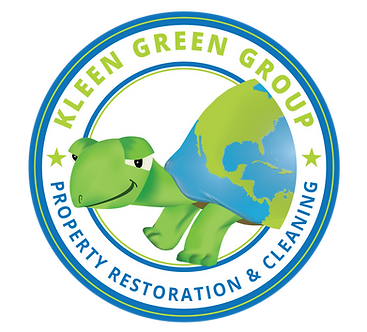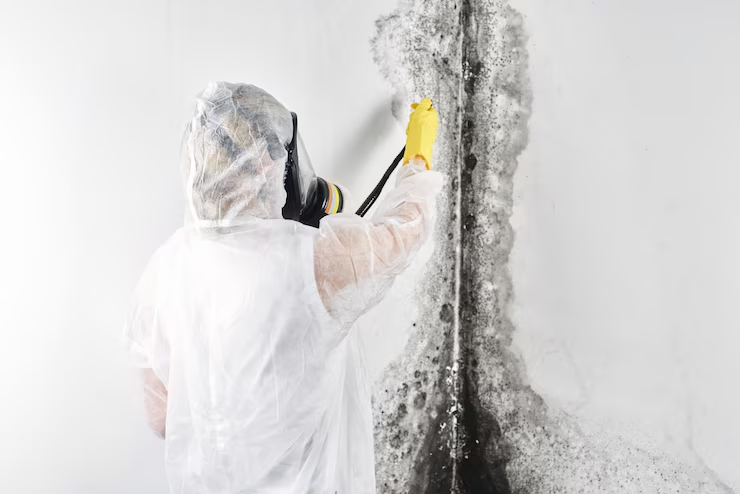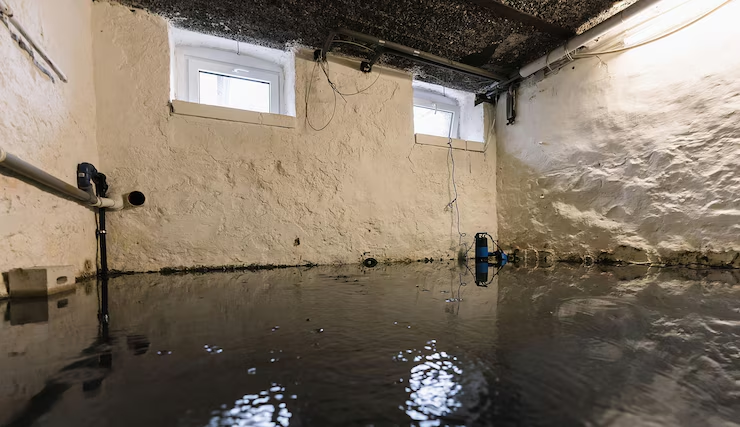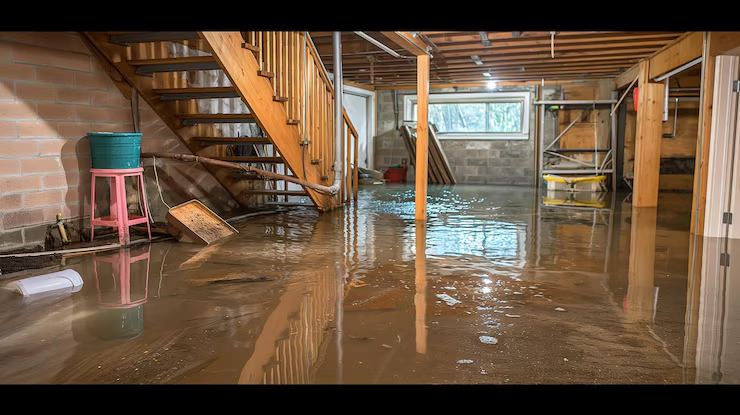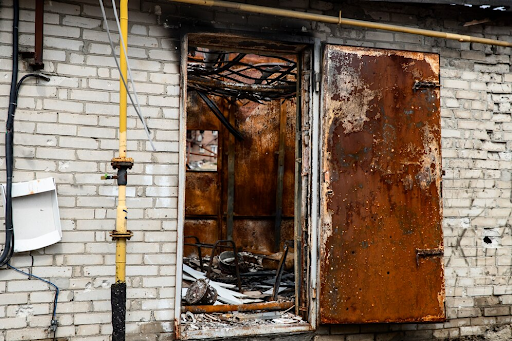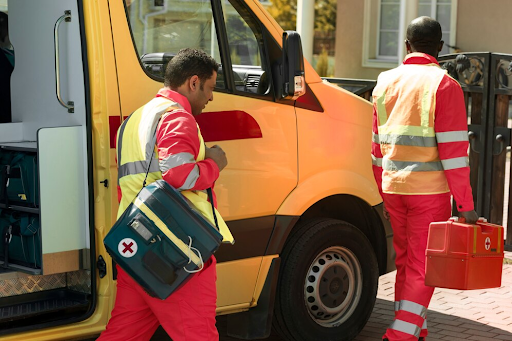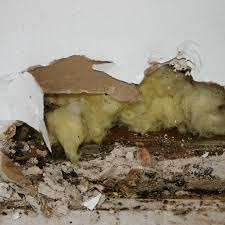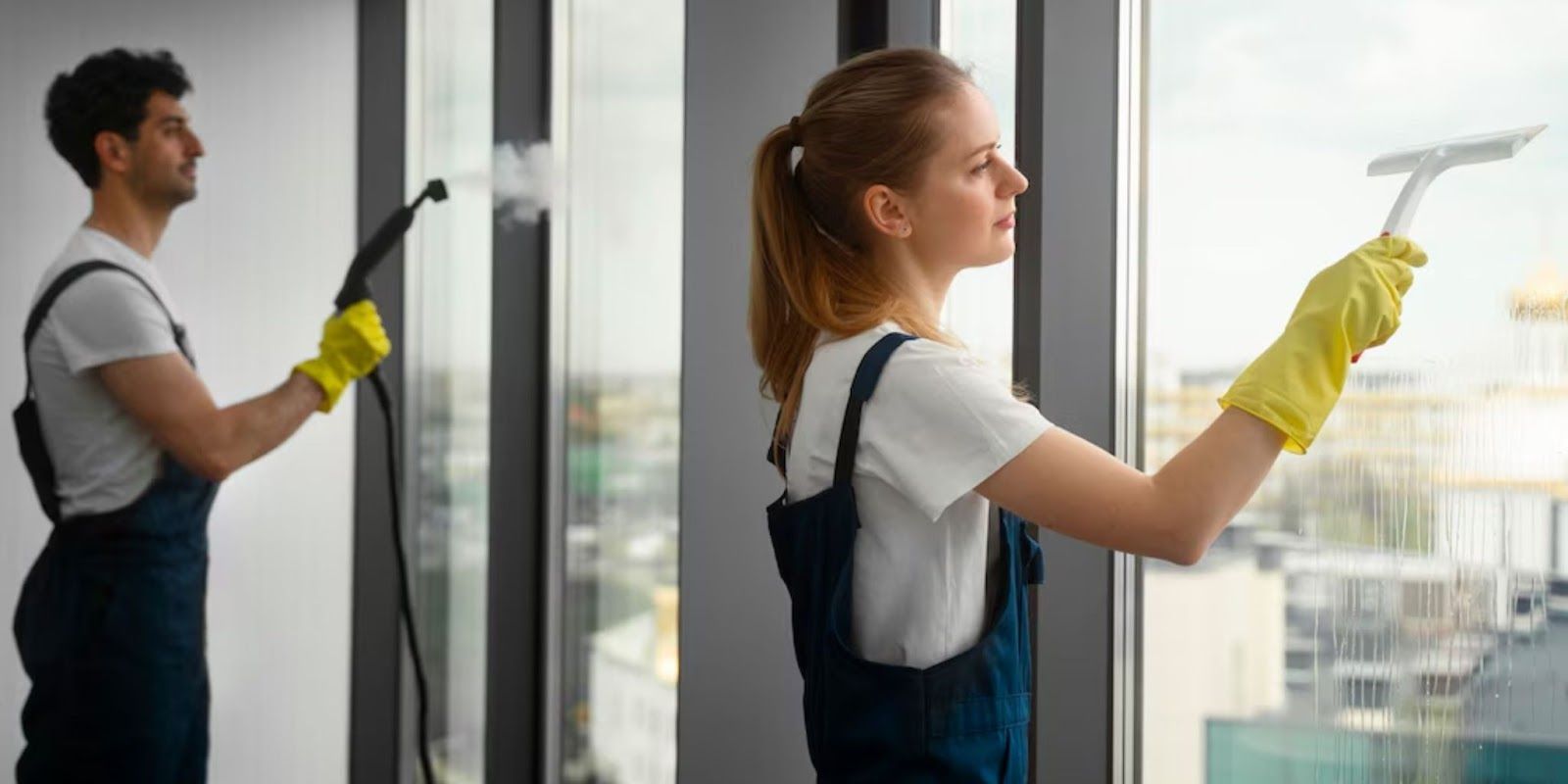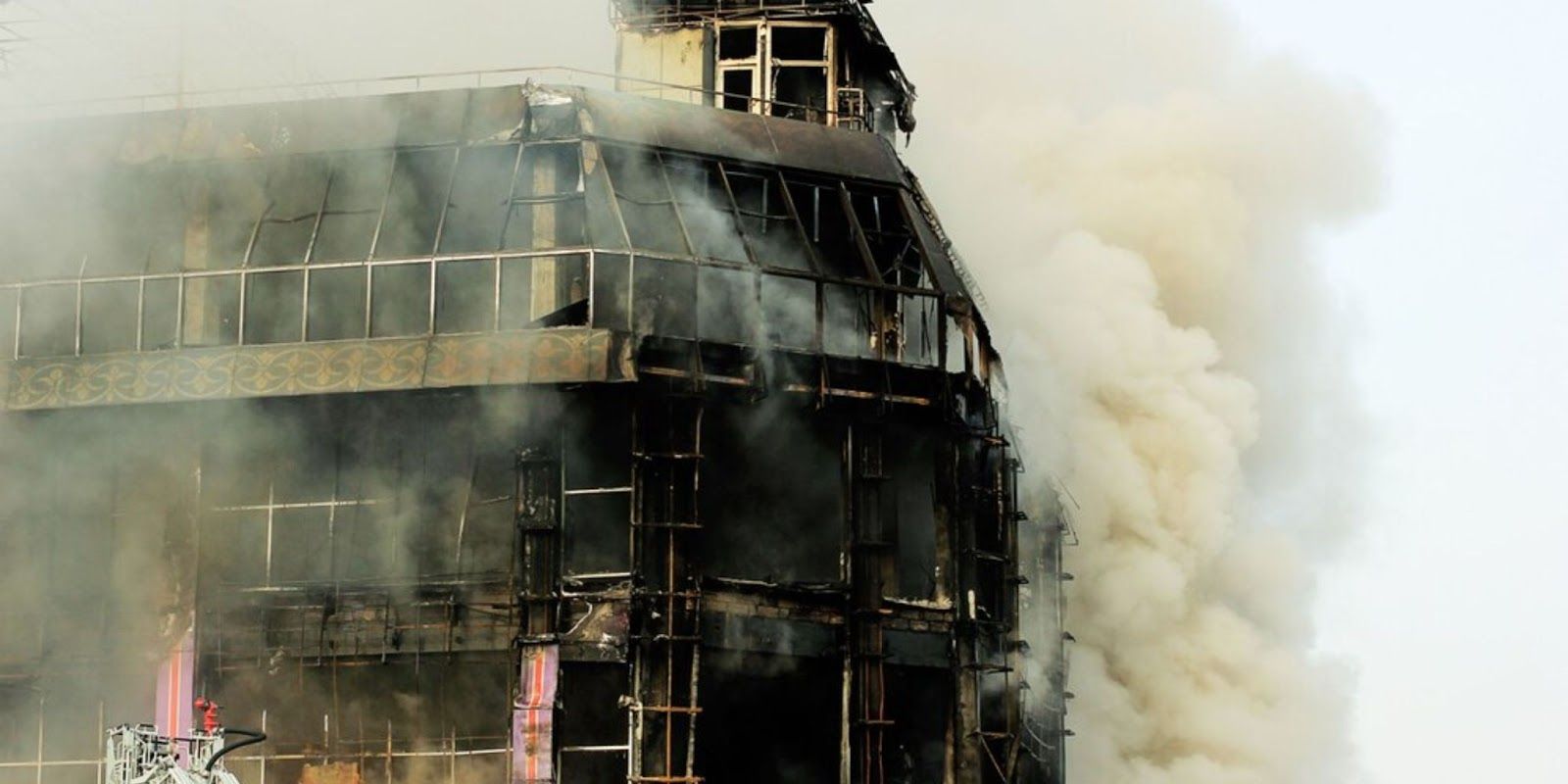Fire Damage Cleanup: 5 Vital Considerations Before Remediation
Facing fire damage in your home or business can be a devastating experience, leaving you overwhelmed and uncertain of where to turn next. However, before jumping into the cleanup and remediation process, it's crucial to understand several key considerations to ensure a smooth and effective restoration. In this guide, we'll outline five essential things you need to know before embarking on fire damage remediation.
- Safety First: Before anything else, prioritize safety. Fire damage can compromise the structural integrity of your property, creating hazardous conditions such as weakened floors, walls, and ceilings. Additionally, the air quality may be compromised due to smoke, soot, and potential toxins released during the fire. Always wait for authorities to declare the property safe to enter before attempting any cleanup efforts. Once cleared, wear appropriate personal protective equipment (PPE), including masks, gloves, and eye protection, to minimize exposure to harmful substances.
- Assessment and Documentation: Before beginning remediation, thoroughly document the extent of the fire damage. Take detailed photographs and videos of the affected areas, including both structural damage and items within the property. This documentation will not only assist you with insurance claims but also provide valuable information for the remediation professionals. Additionally, consider creating an inventory of damaged belongings, noting their condition and approximate value. This information will streamline the claims process and ensure accurate compensation for your losses.
- Professional Remediation Services: While it may be tempting to tackle fire damage cleanup on your own, it's often best left to experienced professionals. Fire damage remediation requires specialized knowledge, equipment, and techniques to ensure thorough cleaning and restoration. Professional restoration companies, such as Kleen Green Group, have the expertise and resources to assess the damage, develop a comprehensive cleanup plan, and restore your property to its pre-fire condition safely and efficiently. Attempting DIY cleanup without the proper training and equipment can lead to incomplete restoration, lingering odors, and even further damage to your property.
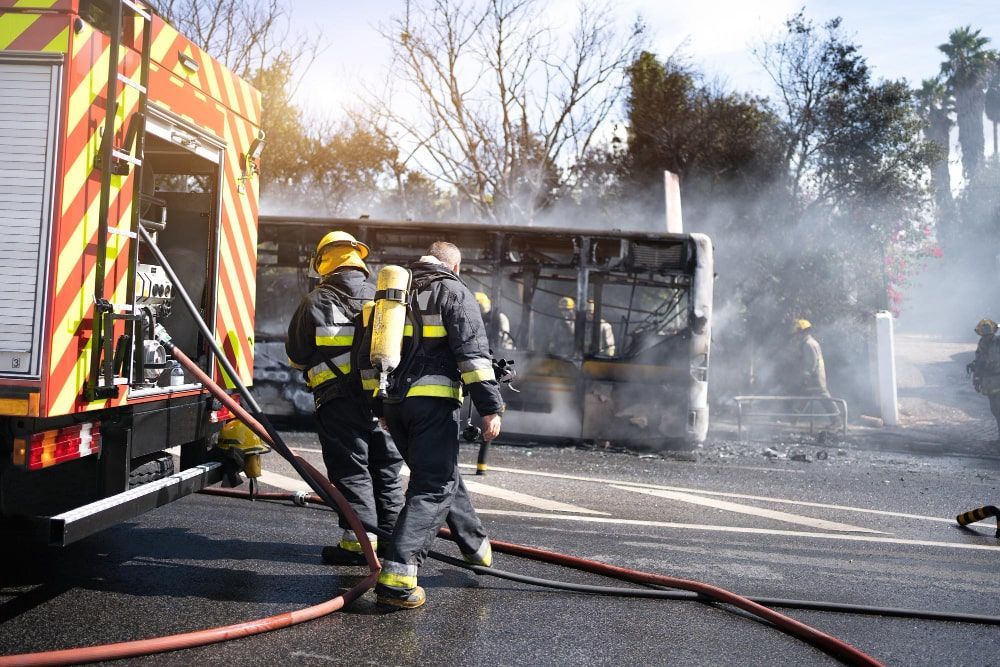
- Addressing Water Damage: In many cases, firefighting efforts result in significant water damage in addition to fire damage. Excess water can saturate building materials, promote mold growth, and compromise the structural integrity of your property. Therefore, it's essential to address water damage promptly and thoroughly during the remediation process. Professional restoration companies have the expertise and equipment to extract excess water, thoroughly dry affected areas, and prevent secondary damage. By addressing both fire and water damage concurrently, you can minimize the risk of long-term issues and expedite the restoration process.
- Odor Removal and Air Quality: Smoke and soot particles can penetrate deep into porous materials, leaving behind stubborn odors that linger long after the fire has been extinguished. Improving indoor air quality and eliminating unpleasant odors are crucial aspects of fire damage remediation. Professional restoration companies utilize advanced techniques such as thermal fogging, ozone treatments, and air scrubbing to neutralize odors and improve air quality effectively. By addressing odor removal early in the remediation process, you can create a healthier and more comfortable living or working environment for occupants.
In conclusion, navigating fire damage cleanup can be a daunting task, but understanding these five key considerations can help streamline the remediation process and ensure successful restoration of your property. Remember to prioritize safety, document the damage, enlist professional remediation services, address water damage promptly, and focus on odor removal and air quality improvement.
By partnering with a reputable restoration company like Kleen Green Group, you can trust that your property will be in capable hands throughout the cleanup and restoration journey.
For expert
fire damage remediation services
in Branson, MO, contact Kleen Green Group at
(417) 231-7980. Our experienced team is available 24/7 to provide prompt and reliable assistance during your time of need.

